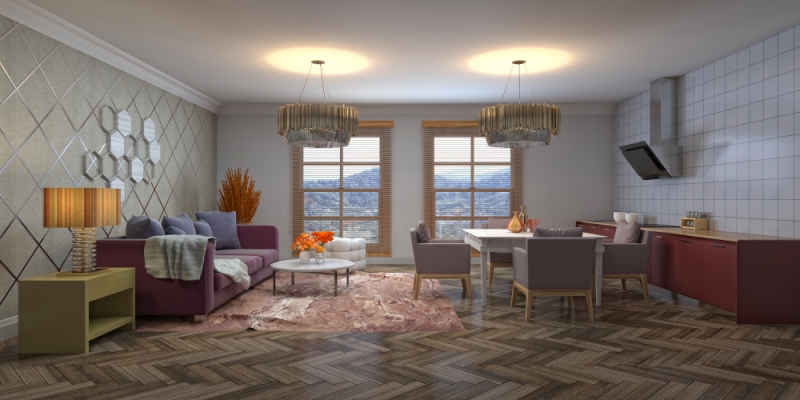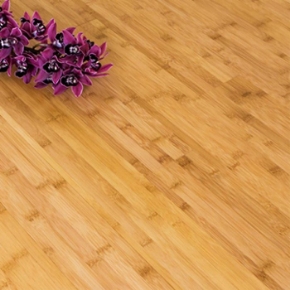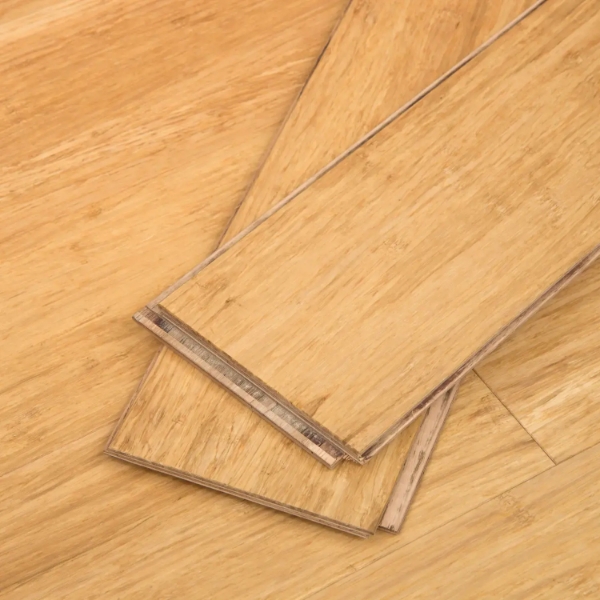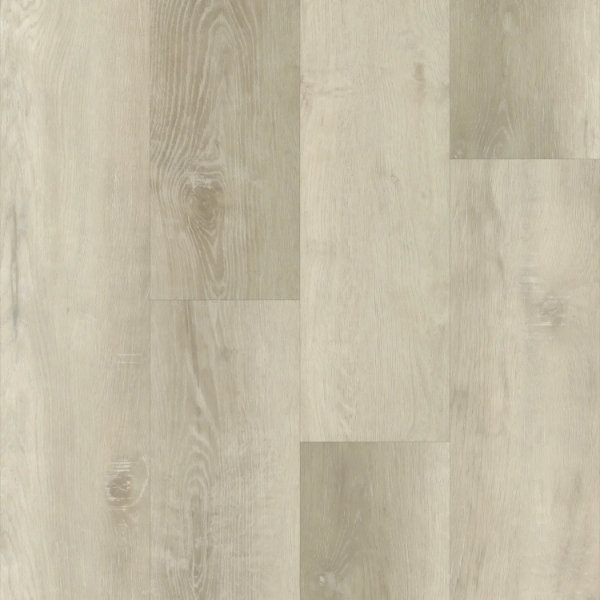
When it comes to choosing the best hardwood flooring for your home, several factors should be taken into account. From the type of wood to the level of wear and tear, each consideration plays a crucial role in making the right decision.
While there are too many factors to consider to determine the best type of wood for hardwood floors in every circumstance, in this blog post we will explore the different types of hardwood floors and help you determine the best option for your needs.
Solid or Engineered: Understanding the Basics
The first decision you'll encounter is whether to go with solid hardwood or engineered wood flooring. Solid hardwood is made from a single piece of real wood and offers a timeless appeal. It can be sanded and refinished multiple times, making it a durable choice.
Engineered wood flooring, on the other hand, consists of a layer of real wood on top of several layers of high-quality plywood. It provides greater stability and is less prone to expansion and contraction due to changes in humidity.
Type of Wood: Consider the Options
There are various types of wood used for hardwood floors, each with its own unique characteristics.
Brazilian cherry is known for its rich color and hardness, making it an excellent choice for high-traffic areas. White oak offers a versatile and classic look, with a beautiful grain pattern that complements a wide range of interior styles. Red oak is another popular choice, known for its durability and affordability.
Durability and Wear and Tear
Consider the level of wear and tear your floors will experience. If you have a busy household or pets, you'll want a hardwood floor that can withstand heavy foot traffic and resist scratches. In such cases, harder woods like Brazilian cherry or oak are good choices.
For less busy areas or rooms with lower foot traffic, softer woods like bamboo or maple may be suitable.
Maintenance and Longevity
Maintenance is an important factor to consider when choosing the best hardwood flooring. Some hardwood floors come pre-finished, meaning they have been coated with a protective layer at the factory. This makes them more resistant to stains and easier to clean. Pre-finished floors also tend to have a longer lifespan.
However, if you prefer a customized finish or need the option to sand and refinish the floors in the future, unfinished solid hardwood may be the better choice.
Budget and Installation
The cost of hardwood flooring varies depending on the type of wood, the quality, and the square footage of your project.
Solid hardwood floors are generally more expensive than engineered wood, but the installation costs can also factor into the overall budget. It's essential to consider both the upfront cost and the long-term value when making your decision.
Takeaways
Determining the best type of hardwood flooring involves considering several key factors. Solid or engineered, type of wood, durability, maintenance requirements, and budget all play a role in making the right choice for your home.
Whether you opt for Brazilian cherry, white oak, or any other type of hardwood, understanding your needs and preferences will guide you towards the best flooring choice.
Remember to assess the level of wear and tear, the desired aesthetic, and the long-term maintenance requirements to ensure a beautiful and durable hardwood floor that will enhance your space for years to come.




